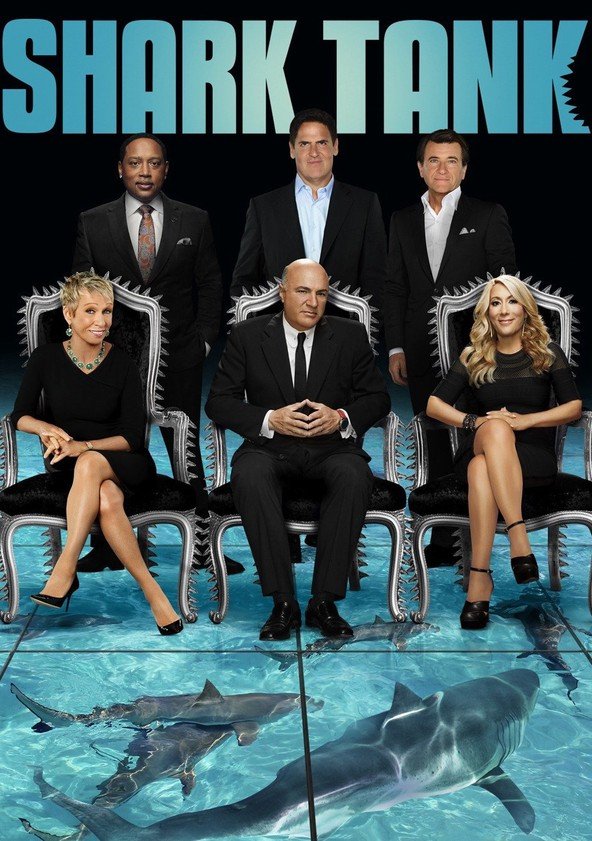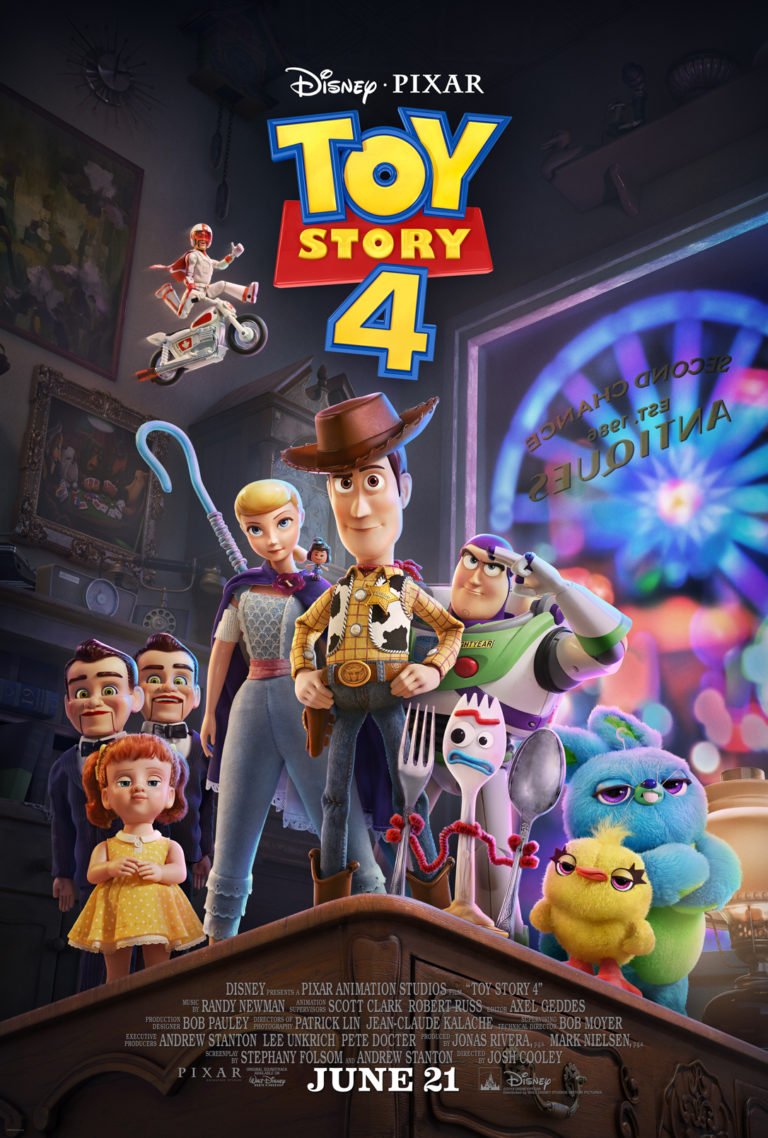
What the SAG Strike Means for the Future of the Entertainment Industry
By Movieguide® Contributor
As the Screen Actors Guild (SAG) joins the Writers Guild of America (WGA) on the picket line, media executives need to settle negotiations fast otherwise the repercussions could change the future of the industry.
“There’s going to be a lot of blood in the water,” director emeritus of USC’s Annenberg Innovation Lab, Jonathan Taplin said. “This is not going to end well.”
The industry has already been suffering from the WGA strike that has been ongoing since the beginning of May. Production on most scripted shows and movies have been delayed until the WGA members come back to work. Now, as 160,000 actors and other performers join the strike, the only projects that can still be worked on are those in the post-production phase.
Viewers have already started to feel the effects of the strike as late-night comedians like Jimmy Kimmel and Stephen Colbert have been off air since the writers’ strike began. However, as the strikes extend, the effects will become more widespread. The upcoming fall season could be void of new episodes on scripted shows including ABBOT ELEMENTARY, LAW AND ORDER: SVU and NCIS.
These popular scripted shows are one of only a few lifelines that traditional television has to keep itself afloat.
“The networks have sports and new but a lot of their constituents are there to watch the prime-time shows,” said Neil Begley, a senior vice president for Moody’s Investors Service. “Among those viewers, there’s an expectation that fall is the start of the new season. The networks are going to have to reach far and wide for content to fill those hours.”
The TV advertising market has also been sluggish as a result of the strikes, further eating into the networks’ revenue.
“Advertisers don’t know what type of programming they’re going to get with these strikes,” Begley explained. “They’re saying: Why commit?”
While the dual strikes will impact traditional television the most, streaming services are also feeling the pressure.
“The economics of the industry are very challenging – the worst that we’ve ever seen,” Michael Nathanson, a veteran media analyst said. “A prolonged strike will only make things worse.”
Since the writers’ strike began in May, Paramount’s stock price has fallen more than 30%, Disney’s has fallen 13% and Warner Bros. Discovery has seen a 7% drop in its stock price. Shares of WBD, the company that owns HBO and CNN, has fallen nearly 50% since April 2022.
Streaming services have taken a hit, not only because their media production suffers from the strikes, but also because their business is a major component in the complaints of the strikers. The writers’ and actors’ guild both believe they are not being fairly compensated for their media that appears on streaming sites. Because of the inadequate compensation, many jobs in the industry that were previously stable have become unsustainable to keep up with the rise of American cost of living.
“We’re looking at class warfare,” Nathanson said. “It’s become more than just about their work agreements, but also about statements they want to make about society and fairness. Working-class people are looking to take their anger out on the studio executives.”
Among those most targeted are Disney’s Bob Iger and Warner Bros. Discovery’s David Zaslav who are being portrayed as cartoon villains.
Similar to the writers, the SAG is also protesting the use of A.I. to replace their jobs.
“People worry, in abstract, about A.I. replacing workers but here it is, it’s actually happening,” Taplin said. “[Studios] don’t want to have to pay for extras anymore, so they could have a scene that has 5,000 A.I. extras in the background.”
“The entire business model has been changed because of streaming, digital, and A.I.,” SAG President, Fran Drescher explained. “At some point, you have to say ‘No, we’re not going to take this anymore.’”
With these three striking points in mind, the Alliance of Motion Picture and Television Producers (AMPTP) – the group in charge of negotiations with the WGA and SAG – has significant work to do to bring the industry back to life.
Prior to the SAG strike, the AMPTP offered the actors a deal that included the highest percentage increase in pay minimums in 35 years alongside a “groundbreaking” proposal for A.I. protections. The deal, however, did not satisfy SAG leadership.
“A strike is certainly not the outcome we hoped for as studios cannot operate without the performers that bring out TV shows and films to life,” the AMPTP said. “The union has regrettably chosen a path that will lead to financial hardship for countless thousands of people who depend on the industry.”
Now that the SAG strike has started, it is unclear when negotiations between with the AMPTP will resume. The AMPTP has not engaged in negotiation talk with the WGA in over two months. What does remain clear, however, is that the industry will suffer as long as these strikes are occurring. Every sector in the industry is impacted by the actor and writer strikes which have completely stopped production. Hopefully the strikes will be resolved soon, otherwise the industry will face the affects for years to come.
Movieguide® previously reported on the SAG strike:
Hollywood talent are officially on strike after negotiations between their union and major studios regarding a new labor deal crumbled.
SAG-AFTRA President and actor Fran Drescher recently gave a politicized televised speech, calling out motion picture studios for their greed and lack of consideration to all parties involved in the movie making process.
“It’s really important that this negotiation be covered because in the eyes of the world, and particularly the eyes of labor, are upon us,” Drescher opened her speech. “What happens here is important because what’s happening to us is happening across all fields of labor.”
“When employers make … greed their priority, they forget about the essential contributors that make the machine run. We have a problem,” she added.
Drescher also noted the weight of a strike, and how that impacts not only thousands of workers in the entertainment industry, but laborers around the world.
https://www.instagram.com/p/CuucOujL6eC/
Questions or comments? Please write to us here.


 - Content:
- Content: 

